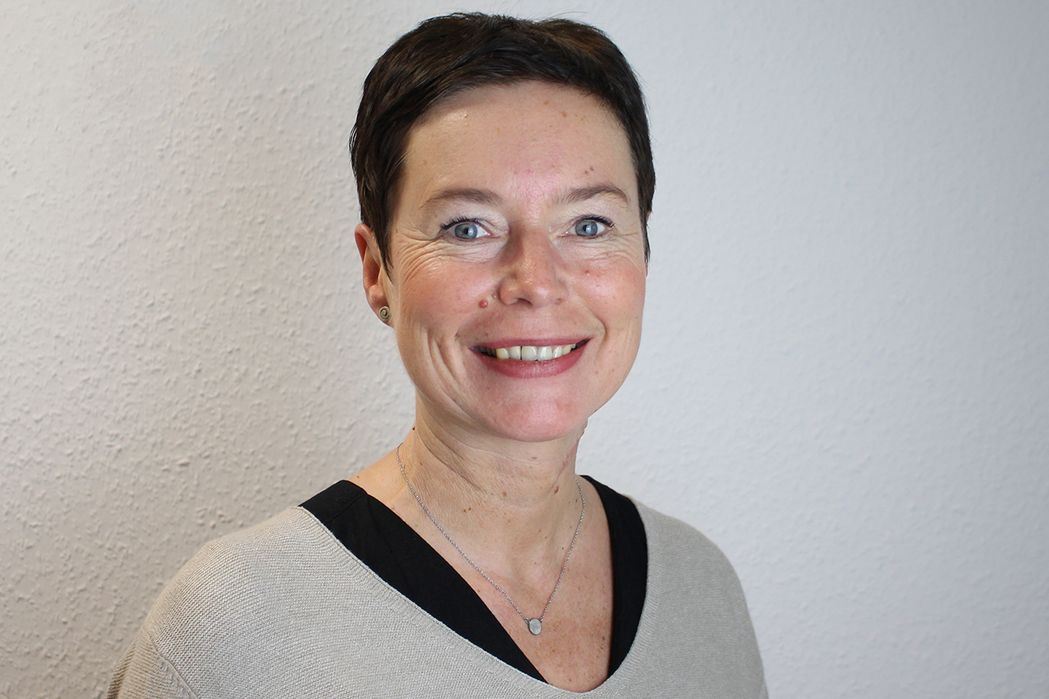As the UN Security Council meets in New York to mark one year since nearly 700,000 Rohingya refugees fled to neighboring Bangladesh, International Non-Governmental Organisations (INGOs) working in Myanmar say 600,000 Rohingya still left in Myanmar face daily discrimination and human rights abuses, making conditions unsafe for refugees to return. INGOs urge the Security Council to use the one-year anniversary as an opportunity to step up pressure on the government of Myanmar to take action on three critical areas: addressing the root causes of the crisis in Rakhine State; ensuring accountability for human rights violations and improving humanitarian access.
Discriminatory policies mean that Rohingya communities in Rakhine State continue to lack citizenship and face restrictions on their freedom of movement, impeding their ability to go to school, seek medical care, find jobs or visit friends and family. 128,000 Rohingya and other Muslim communities remain trapped in closed camps in central Rakhine for the sixth year since the inter-communal violence of 2012. Although some steps have been taken to relocate camp residents to new sites, the displaced communities have not been adequately consulted, are unable to return to their original homes, or another location of their choice, and continue to lack freedom of movement, access to jobs and services, thus further entrenching their confinement and segregation.
At the same time, a full and independent international investigation into human rights violations – sexual violence, killings, beatings and destruction of homes and properties – that caused refugees to flee has not happened and the perpetrators who facilitated these abuses have not been brought to justice. The rights violations committed in Rakhine State are part of a pattern of ongoing military abuses against ethnic minorities throughout Myanmar, including in Kachin State, Shan State and the southeast of the country.
Humanitarian organizations working throughout Rakhine State continue to face serious restrictions on their access to affected communities and bureaucratic and administrative barriers hamper their ability to carry out their daily work. In northern Rakhine, from where the majority of refugees in Bangladesh fled, full humanitarian access for most organizations has not been restored more than one year since restrictions were first put in place. Although a Memorandum of Understanding was signed between UNHCR, UNDP and the Government of Myanmar in June with a view to enabling both agencies to resume operations in northern Rakhine, they still await full, unfettered access, and have not yet been able to begin the work of supporting affected communities and monitoring conditions.
The recommendations of the Kofi Annan-led Advisory Commission on Rakhine, published one year ago, provide the best roadmap for addressing the root causes of the crisis in Rakhine State, improving the lives of all communities and creating the conditions for an inclusive, fair and prosperous society for all the people in Rakhine. INGOs welcome the progress made by the Government of Myanmar in implementing some of the recommendations, including those related to improving development and infrastructure, such as building new roads, schools, and hospitals, but conclude that not enough progress has been made in addressing structural human rights issues or in creating an environment where all communities can benefit from these developments without discrimination. Without citizenship rights and freedom of movement, Rohingya communities in Rakhine State cannot equally benefit from improved development and refugees in Bangladesh will not feel safe to return.
INGOs call on the UN Security Council to set time-bound and measurable targets for the Government of Myanmar to make meaningful progress in all three of these areas and to hold regular public meetings on the crisis.
Specifically, the Security Council should call on the Government of Myanmar to implement the recommendations of the Advisory Commission in their entirety, including addressing structural problems of discrimination, restrictions on movement and denial of citizenship faced by Rohingya communities. Implementation of the Advisory Commission recommendations also requires listening to the perspectives of all ethnic groups in Rakhine in an effort to break down the divisions that have pitted communities against each other.
Second, the Security Council should request the government of Myanmar to grant full and unfettered access for humanitarian organizations to all parts of Rakhine State as well as full access for independent media and journalists.
And finally, it should step up efforts with the government of Myanmar to allow independent human rights investigators full and unimpeded access to investigate human rights abuses, gather un-tampered evidence and refer cases to an international tribunal. The Security Council must send a strong message to the Government of Myanmar to end impunity and prevent future violations.
Unless these measures are implemented, the international community risks perpetuating impunity and cementing segregation in Rakhine State for decades to come.
The full statement and list of signatories can be downloaded here









